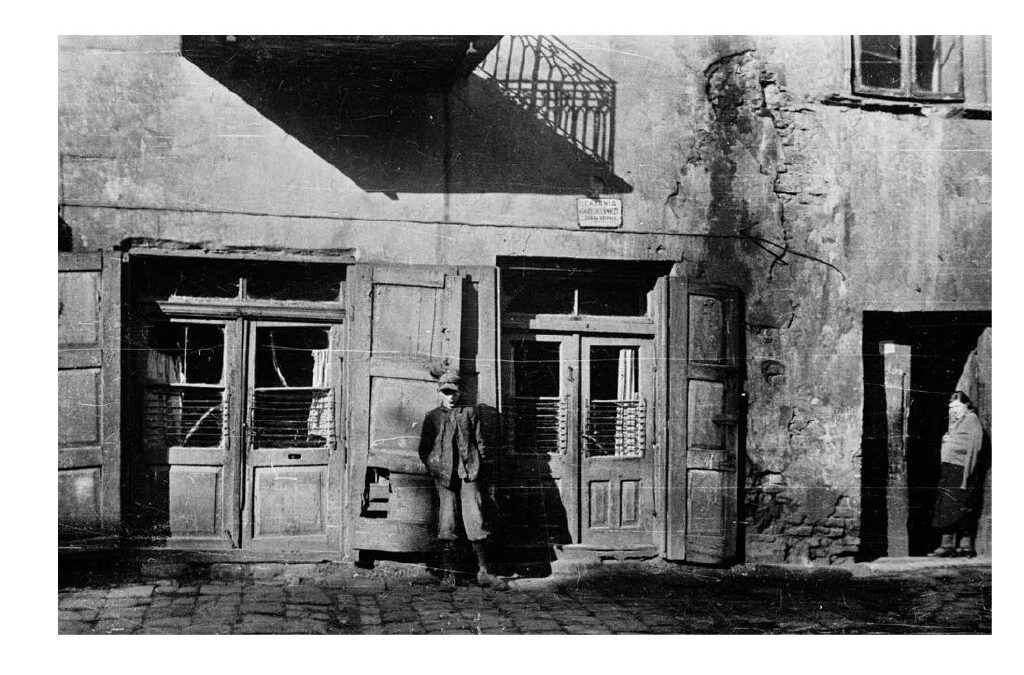The Lublin ghetto was located in the Jewish Quarter (dating back to the 15th century), starting at the Jewish gate (which separated the Jewish and Christian districts) on Grodzka street, going through Kowalska street to Lubartowska and Szeroka (also called the Jewish street). Before the war close to a hundred synagogues were located in the Jewish Quarter belonging to the Jewish community, besides the other Jewish properties like schools, a hospital, etc.
One of the synagogues in the Jewish Quarter was founded by the famous Rabbi Jakob Isaac Horowitz, the “Rebbe of Lublin” (aka “The Seer of Lublin”) which was located at 28 Szeroka street right across the old castle. Rabbi Horowitz, born in 1745, moved to Lublin in 1794 and established his synagogue there where he led and taught his followers until his death in 1815. Throughout the years hundreds of holy Rabbis, who were later to become the great leaders of the majority of the Hasidic population throughout Poland, studied and were trained to be leaders in this place. Even after his death until WWll the synagogue was inhabited by the scholars of the city, to whom it became their heart and soul.
Another famous synagogue in the Jewish Quarter of Lublin was of the Maharshal (1510-1573) and the Maharam (1558-1616), also called “The Great Synagogue”, constructed around 1567 and located at 5 Jateczna street.
After the deportation of the Lublin Jews in 1942 to the Belzec and Majdanek death camps, the Nazis ordered Jews from the Majdanek camp to demolish the area of the Jewish Quarter to the ground, thereby ending centuries of Jewish culture and society. It was rebuilt anew after the war with nothing remaining in remembrance to this piece of Jewish history.
On the land of 28 Szeroka where the synagogue stood, grass was planted and a statue that symbolizes the feat of Polish defenders in Lviv in 1918 was erected. The Lublin Organization in New York which was established to preserve the memory of the great Rabbis of Lublin made an attempt to return this property to Jewish possession. We wanted to rebuild a synagogue there for the Jews of Lublin and worldwide guests visiting the city, in remembrance, and not to forget the holiness of this historical place. To our dismay, our efforts were unsuccessful.
We hereby encourage anyone who has the ability to bring this endeavor to fruition to do so thereby preserving a piece of Jewish history.


